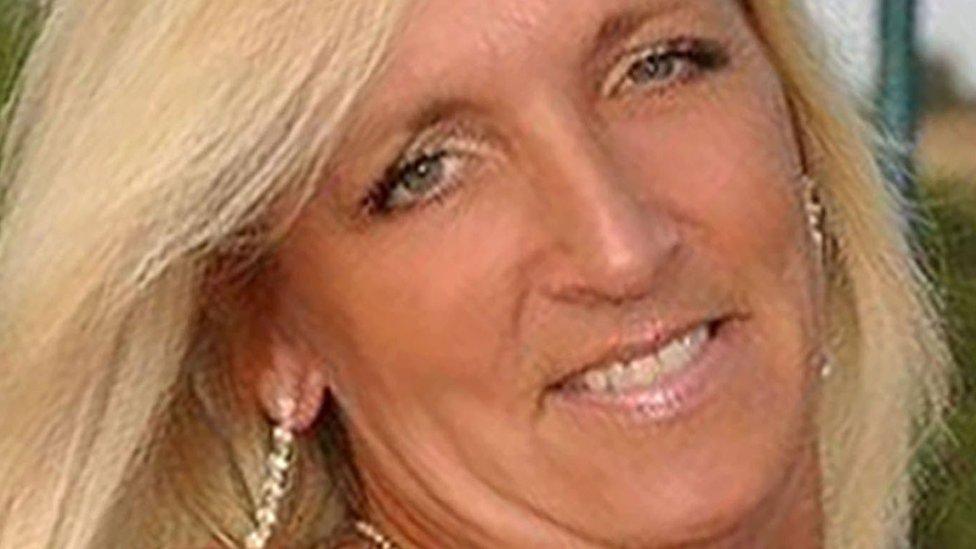Tunisia attack: Survivor had been 'pushed' into holiday
- Published
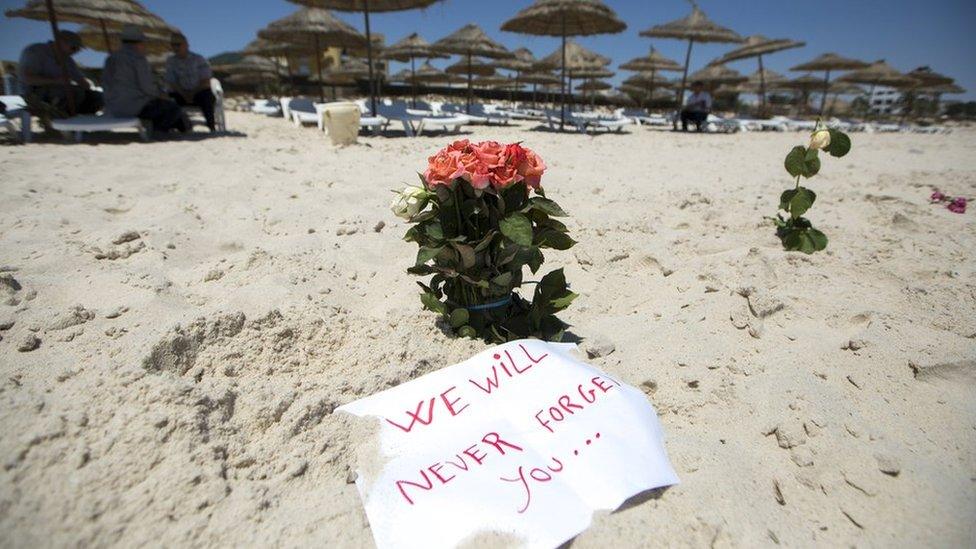
A survivor of the attack in Tunisia that killed 30 Britons has said he was "pushed" into holidaying in the country by a travel agent.
Paul Thompson told an inquest a Thomson agent had said a terror attack in Tunisia in March 2015 was a "one-off".
Repeating earlier comments he had made at the inquest, Mr Thompson said he had been told Sousse - where 38 were killed three months later - was "100% safe".
A Thomson agent said she would never have given that guarantee.
Islamist Seifeddine Rezgui killed 38 people at the five-star Riu Imperial Marhaba, near Sousse, on 26 June 2015, before he was shot dead by police.
The attack was the deadliest on Britons since the 7 July 2005 London bombings.
Mr Thompson told the inquest into the deaths of the Britons that he and his wife had visited a Thomson branch in Ilkeston, Derbyshire, on 5 May to discuss changing their holiday in Greece to a different destination.
He said they had been told there were "special deals" on offer to travel to Tunisia - weeks after 24 people had been killed in the attack at the Bardo National Museum in Tunis, the capital, on 18 March.
Mr Thompson said his wife had mentioned the attack, but the travel agent had compared avoiding Sousse to avoiding Skegness if there was an attack in London.
"We originally wanted Egypt but the travel agent pushed for Tunisia," Mr Thompson told the inquest.
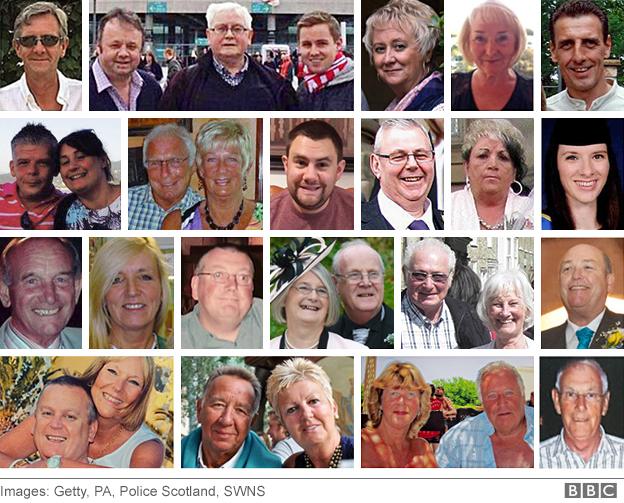
Thirty of the 38 people killed by a gunman on a Tunisian beach were British
But Amy Smallman, assistant manager of the Thomson branch in Ilkeston, told the inquest she did not tell the Thompsons the destination was "100% safe".
Ms Smallman said she does not give safety guarantees to customers because "nowhere is 100%", adding: "I wouldn't have said that."
Asked if she had been "pushing" Tunisia as a destination, she said: "No, not at all."
She also said it was "ridiculous" to suggest that a colleague would have made the Skegness remark.
The inquest heard the Thompsons had been looking for value and wanted to get more for their money, and Ms Smallman had said Tunisia was a "better value destination".
Mr Thompson said he was "100% certain" that he and his wife had been given the safety guarantee, adding that a holiday rep at a welcome meeting in Tunisia had also said the place was "100% safe".
He said he was "reasonably sure" that they had also been told that hotels in Tunisia were gated and had 24-hour security, but this is disputed too.
Asked if there had been a push from more senior people within the firm to sell Tunisia holidays, Ms Smallman said there had not been.

Analysis
BBC news correspondent Daniela Relph
After the emotion and anguish over the past two weeks, as we heard the details of how people were killed in Sousse, the Tunisia inquests have now entered a new phase.
This week the focus will be on how individuals booked their holidays and how survivors viewed the security around the holiday resort.
They are key areas for the inquest and feed into the bigger questions - should British tourists have been allowed to go on holiday to Tunisia? Was Tunisia a safe destination?
Many of the bereaved sat in court listening to the evidence - taking their own notes and discussing the details.
This is an inquest that has made the needs of the bereaved families a priority.
The final witness of the day, Cheryl Stollery, lost her husband in the attack on the hotel.
She raised a rare laugh in court with some of her recollections around her holiday.
But she also spoke of how she had expected her travel agent to tell her of the dangers Tunisia posed, of the terrorist threat there.
She said the issues of security and safety were never mentioned to her.

The inquest also heard customers booking their holiday online would not have come across any reference to the Bardo attack as TUI - owner of Thomson and First Choice - did not make any changes to its website following the atrocity.
Cheryl Stollery, wife of victim John Stollery, said she had not been aware of the Bardo incident until after the Sousse attack in which her husband was killed.
The inquest is examining whether the UK government and travel firms failed in their responsibility to protect British tourists.
- Published17 January 2017
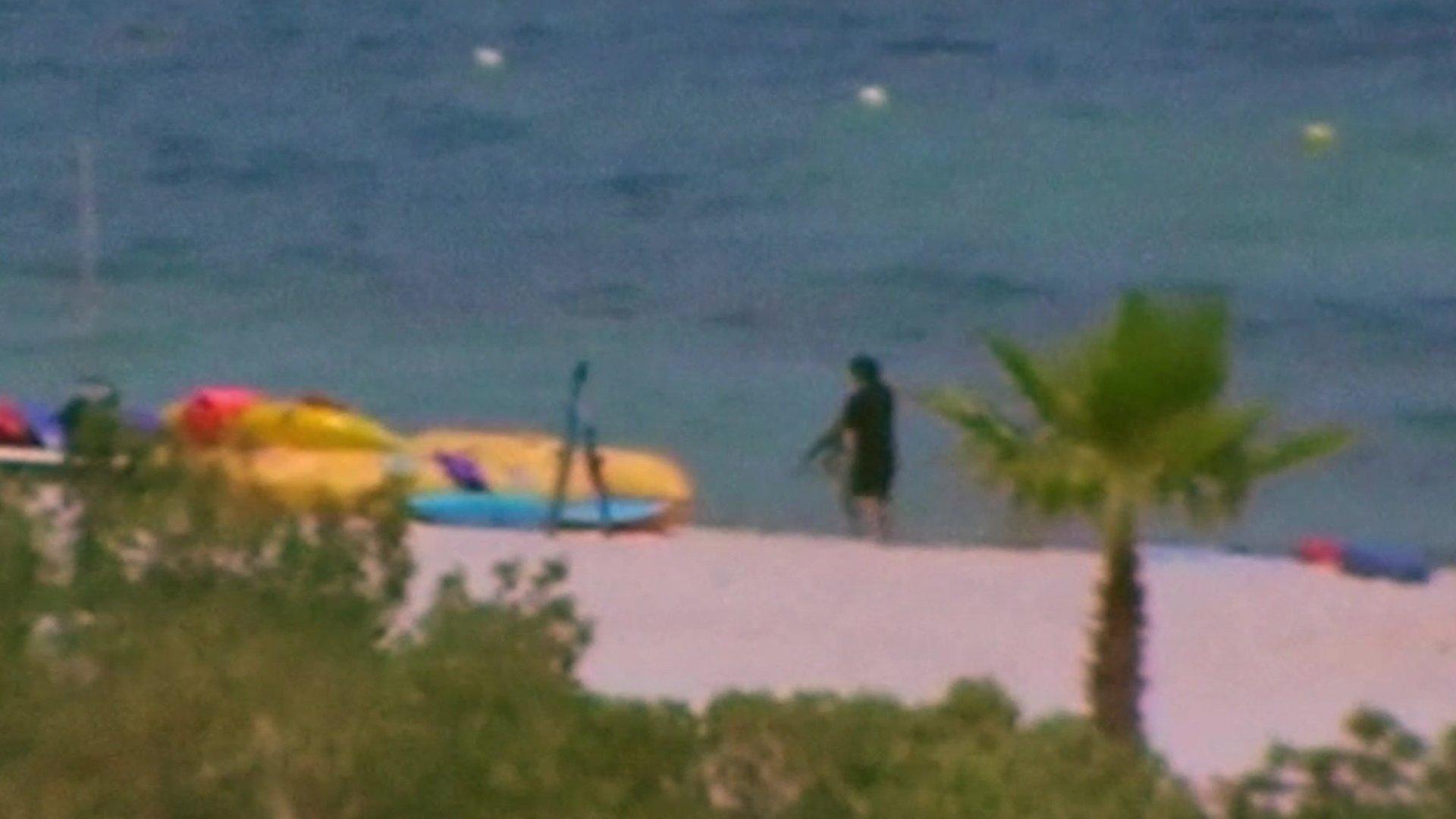
- Published31 January 2017
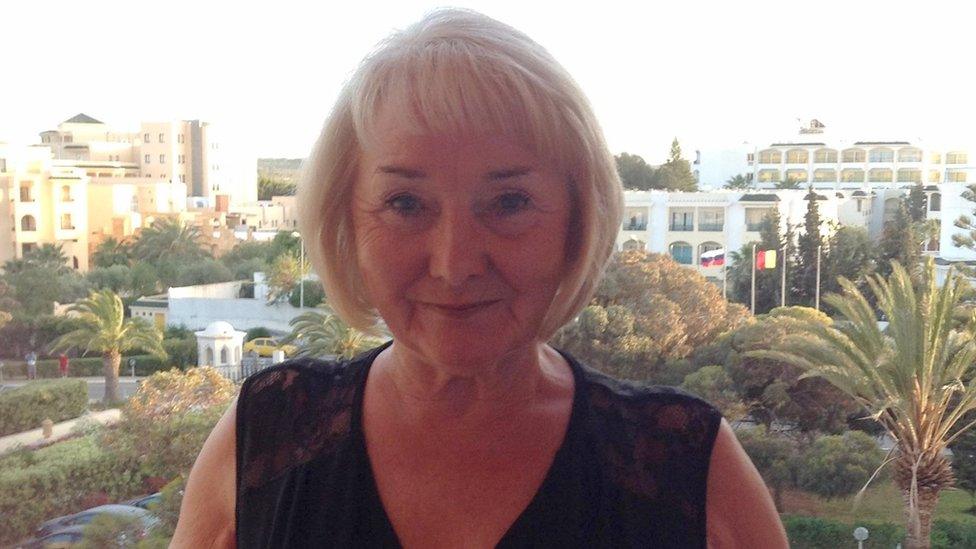
- Published30 January 2017
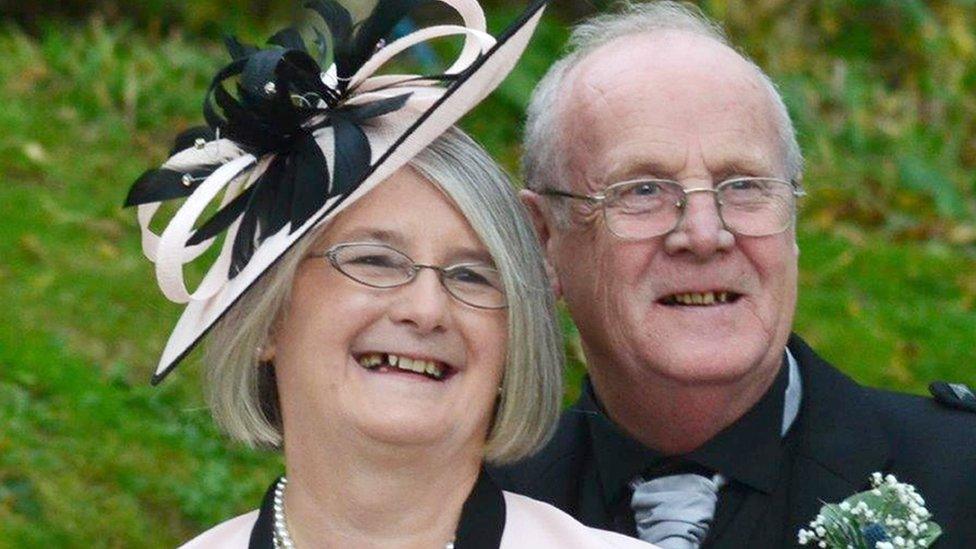
- Published23 January 2017
